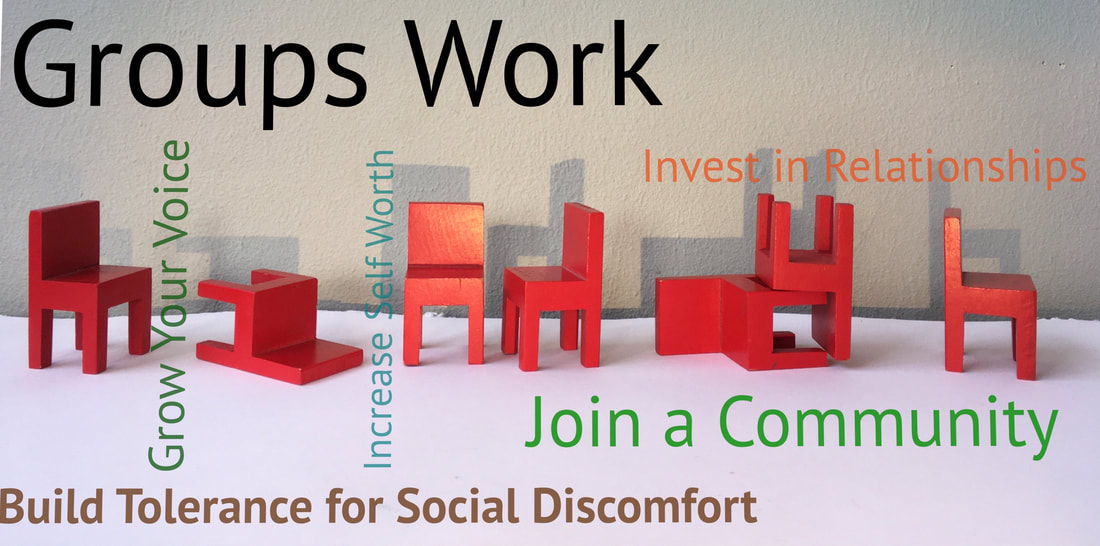Elizabeth Stahl,MA LPC provides counseling for individuals, couples, and families
moving through difficult times in the Boulder, Colorado area
Do you want change, are you seeking to understand how you got to where you are?
Are you looking for some guidance on how to navigate a life transition, a relationship
or to explore the repetitive frustrating patterns that hold you back from what you desire?
I specialize in relationships, including the one you have with yourself.
I work with individuals, couples and groups, including families.
If you are interested in navigating your life more consciously, both within your own mind and out in the world, I will provide a non-judgmental, supportive, reliable space to explore the options for moving onward.
Are you looking for some guidance on how to navigate a life transition, a relationship
or to explore the repetitive frustrating patterns that hold you back from what you desire?
I specialize in relationships, including the one you have with yourself.
I work with individuals, couples and groups, including families.
If you are interested in navigating your life more consciously, both within your own mind and out in the world, I will provide a non-judgmental, supportive, reliable space to explore the options for moving onward.
Life Transitions
Client centered therapy begins with where you are at and centers on what works for you.
Anxiety Therapy
Want help taming anxious thoughts and overwhelming feelings?
Couples Counseling
Want help navigating conflict, communicating or rebuilding intimacy?
Therapy Groups
Experiences in therapy groups have a direct impact on your relationships outside of the group.
There is no better education for getting along in the world than group therapy.
Group Therapy is highly effective for a variety of issues like social anxiety, relationship issues, depression, addiction recovery, PTSD and more.
There is no better education for getting along in the world than group therapy.
Group Therapy is highly effective for a variety of issues like social anxiety, relationship issues, depression, addiction recovery, PTSD and more.




